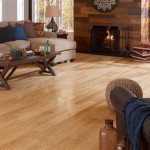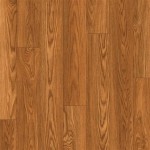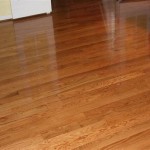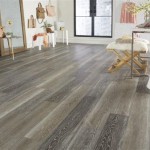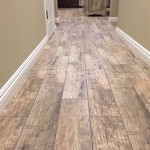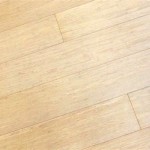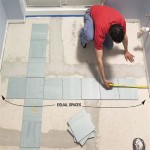Essential Aspects of Bamboo Flooring Durability
Bamboo flooring has gained popularity as a sustainable and durable alternative to traditional hardwood flooring. Its unique properties make it a preferred choice for both residential and commercial spaces. Understanding the essential aspects of bamboo flooring durability will help you make informed decisions and ensure that your flooring withstands the test of time.
1. Density and Hardness
Bamboo flooring density is measured by its weight per cubic foot. Higher density indicates greater resistance to wear and tear. Denser bamboo flooring is more scratch-resistant, reducing the risk of surface damage from everyday use, pet claws, or furniture movement.
2. Janka Hardness Rating
The Janka hardness rating measures the resistance of flooring materials to denting and impact. Bamboo flooring with a higher Janka rating is more resistant to indentation, making it ideal for areas with heavy foot traffic or potential impact.
3. Carbonization Process
During the manufacturing process, bamboo culms can undergo a carbonization treatment. This process enhances the durability and stability of the flooring. Carbonized bamboo flooring is less susceptible to moisture absorption, making it more resistant to warping and buckling, even in humid environments.
4. Construction Type
Bamboo flooring comes in two main construction types: strand woven and laminated. Strand woven bamboo is made from tightly compressed bamboo fibers, resulting in a dense and durable flooring material. On the other hand, laminated bamboo flooring has a core of bamboo with a wear layer on top. The wear layer's thickness determines its durability and scratch resistance.
5. Finish and Protection
The finish applied to bamboo flooring plays a crucial role in its long-term durability. High-quality finishes, such as polyurethane or aluminum oxide, provide protection against wear, scratches, and fading. Choosing a flooring with a durable finish will ensure its longevity.
6. Maintenance and Care
Regular maintenance and care are essential to prolong the lifespan of bamboo flooring. Regular sweeping, vacuuming, and occasional damp mopping help remove dirt and debris that can scratch or damage the surface. Using a flooring cleaner specifically designed for bamboo is recommended to avoid damaging the finish.
Conclusion
When selecting bamboo flooring, consider the factors discussed above to ensure its durability. High-density, hard, carbonized, well-constructed, and properly finished bamboo flooring can withstand the rigors of everyday life and remain a beautiful investment for years to come. By understanding these essential aspects of bamboo flooring durability, you can make informed choices and enjoy its benefits for longer.

Bamboo Flooring Durability Hardness Density

Bamboo Flooring Pros And Cons Diy Family Handyman

Bamboo Flooring Durability Hardness Density

Bamboo Flooring Material New Floors Inc

Bamboo Flooring Pros And Cons Forbes Home

Pros Cons Of Bamboo Flooring Claude Browns

Homeowners Are Turning To Bamboo For Its Beauty Durability Underfoot Benchmark Woodfloors Albuquerque New Mexico

Bamboo Flooring

5 Benefits Of Bamboo Flooring Home

Durable Carbonized Horizontal Bamboo Flooring Whole Natural Nordic Strand Woven China Floor Tiles Made In Com
Related Posts

